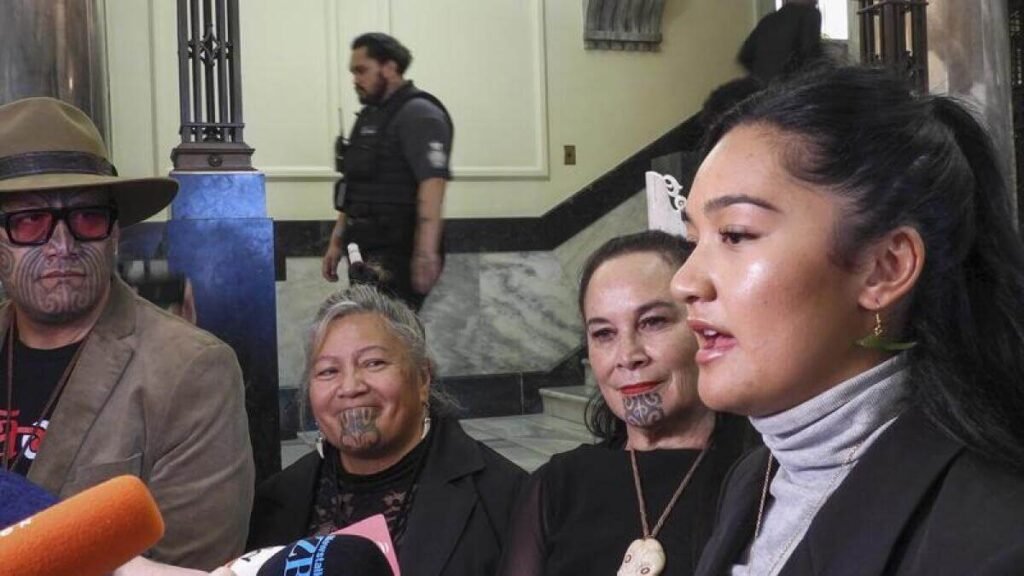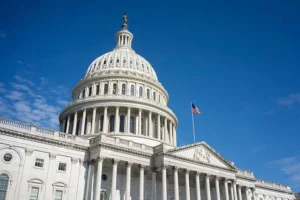New Zealand’s parliament Paused when MPs performed Haka to demonstrate their strong opposition to a bill that would revise the Treaty of Waitangi interpretation. Opposition MP Hana-Rawhiti Maipi-Clarke led the traditional dance after being questioned about her party’s position on the controversial bill.
The Treaty of Waitangi came into being in 1840 when the British and majority Māori tribes signed an agreement. This Treaty was contentious because officials wrote it in English and Māori, exclusively spoken before colonization. Both versions contain significant variations regarding matters like property ownership.
A peaceful Māori rights march or hīkoi has attracted thousands to Wellington. The march began in northern New Zealand on Monday and reached Auckland by Wednesday. The Act Party’s bill attempts to officially clarify the values of the Treaty, which have been a foundation of New Zealand’s racial relations since 1840.
The New Zealand’s parliament Act claims that the modification promotes fairness and prevents racial division. Critics warn of potential harm to Māori rights, fearing a reversal of hard-earned protection. The hīkoi message resonates deeply with many Māori, highlighting concerns about undermining the Treaty’s importance. In Auckland, around 5,000 marchers crossed harbor bridges, disrupting traffic as officials closed two lanes.
Participants like Danielle Moreau marched with her boys to highlight the Treaty’s importance to national identity. Winston Pond agreed, emphasizing the value of bicultural foundations in New Zealand culture. David Seymour, the leader of the Act, maintains that the current principles give the court too much discretion, which results in contentious outcomes like ethnic quotas.
Prime Minister Christopher Luxon denounced the bill as polarizing. Opponents contend that the draft law omits essential consultation and conflicts with Māori partnership ideals. Māori leaders view recent government actions, such as dissolving the Māori Health Authority, as part of a troubling trend. With 18% of the population identifying as Māori, many still face income, education, health, and life expectancy disparities. The proposed legislation, which has prompted nationwide concern, will now be forwarded to a select committee and will undergo a six-month public review.










